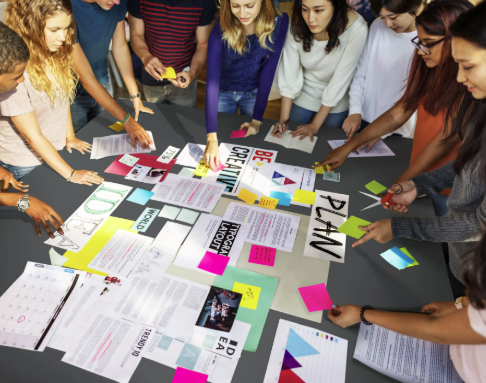Critical literacy is a foundational skill in higher learning, empowering students to engage thoughtfully with texts, media, and ideas. It goes beyond basic reading comprehension to involve analyzing, questioning, and evaluating information within broader social, cultural, and political contexts. As students navigate a complex and rapidly changing world, critical literacy helps them become informed, responsible, and reflective thinkers.
In academic settings, critical literacy encourages students to consider multiple perspectives and recognize underlying assumptions in what they read or hear. This skill is essential in disciplines ranging from the humanities to the sciences, where understanding context and questioning sources are vital for deep learning and innovation.
One of the core components of critical literacy is the ability to assess credibility. Students learn to distinguish between opinion and evidence, identify bias, and evaluate the reliability of sources. These abilities are crucial for academic success and responsible participation in civic life.
Critical literacy also promotes active engagement with course materials. Instead of passively absorbing information, students are encouraged to interact with content by asking questions, making connections, and expressing their interpretations. This active learning process strengthens comprehension and supports the development of original thought.
Educators play a central role in fostering critical literacy. By designing assignments that prompt analysis and debate, encouraging open discussion, and modeling critical inquiry, instructors create environments where students feel empowered to explore complex issues. Multidisciplinary projects and diverse reading materials further enhance this learning process.
Beyond the classroom, critical literacy prepares students to navigate a media-rich world. It helps them interpret news, evaluate digital content, and make informed decisions. These skills are increasingly important in professional settings, where clear thinking and effective communication are valued.
In conclusion, critical literacy is an essential element of higher learning that supports intellectual growth, academic achievement, and responsible citizenship. By cultivating the ability to think critically about texts and ideas, students develop the tools they need to succeed in both academic and real-world environments.













